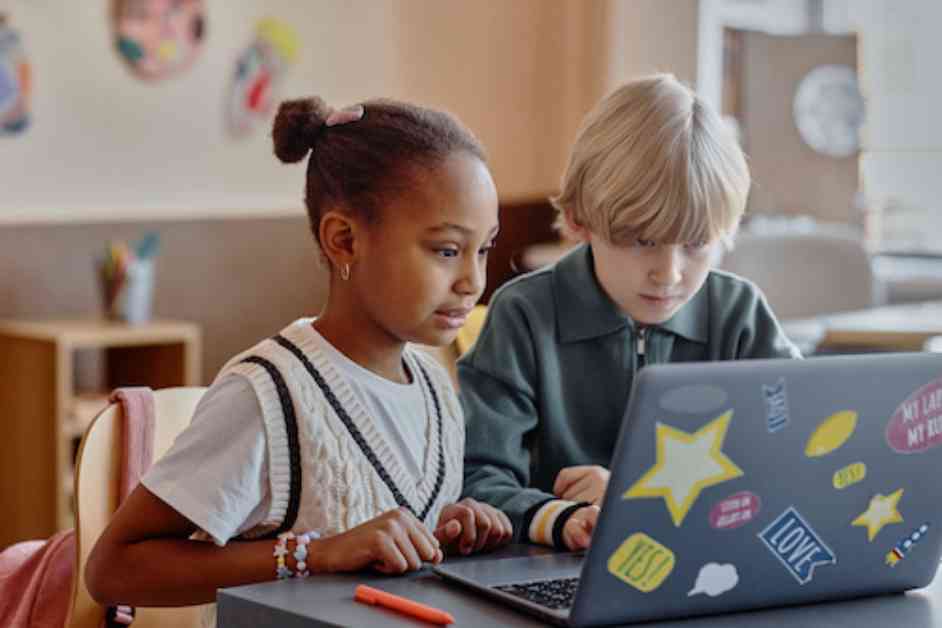Our students are entering a world where robots are becoming more common in different aspects of life. This shift emphasizes the importance of preparing students for a future where interaction with technology is essential. At Jacksonville Independent School District, we have integrated social-emotional learning with coding education, specifically through virtual robotics in our middle school.
Initially, we introduced robotics to engage our middle school students in engineering before high school. We opted for LEGO Education Spike kits and CoderZ due to their alignment with the Robotics I standards course and the competitive aspect that would captivate our students. Additionally, the virtual robotics program we implemented in 2020 became even more valuable during the COVID-19 pandemic as it provided a safe and effective way for students to learn coding skills.
Virtual robotics not only reduced the risk of contamination but also encouraged trial-and-error problem-solving without the fear of failure. Students could experiment with different ideas, test them out, and iterate based on the outcomes. This approach fosters independent thinking and empowers students to tackle challenges on their own, promoting self-esteem and confidence that extend beyond the robotics classroom.
Facilitating the virtual robotics sessions is more about guiding students through their challenges and encouraging them to think critically rather than providing solutions. By fostering a collaborative environment where students help each other and share their strategies, we promote communication and teamwork skills essential for success in any field.
To ensure that soft skills are integrated into the robotics curriculum, it is crucial to incorporate guiding questions and reflection prompts that spark discussions and connect the activities to the overall learning objectives. Starting small and gradually expanding the program based on student feedback and interest is key to building a successful robotics education initiative.
Moreover, offering self-paced activities allows students to progress at their own speed, reducing overwhelm and maintaining engagement. Observing students develop problem-solving abilities, effective communication, and collaborative skills through robotics education has been incredibly rewarding. Witnessing their newfound confidence translate into improved performance in other subjects highlights the significant impact of integrating robotics into the curriculum.
In conclusion, robotics education not only equips students with technical skills but also enhances their social-emotional learning, fostering creativity, collaboration, and self-confidence. By embracing virtual robotics and incorporating soft skills development in the curriculum, educators can prepare students for a future where human-robot interaction is commonplace, empowering them to succeed in a rapidly evolving technological landscape.







